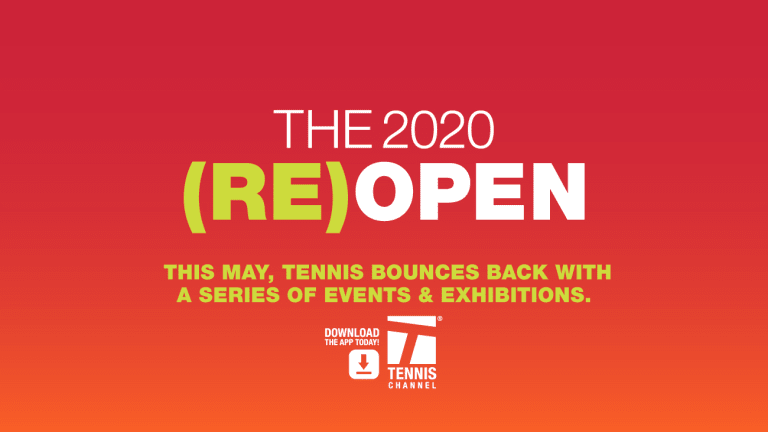Before the WTA was formed as a separate entity in 1973, King imagined one governing body oversee her sport. Male leadership and players from that generation balked at the thought, and King dedicated the latter portion of her career to helping substantiate that audiences, at the gate and on the couch, were equally as interested in watching women compete. Though her vision floated around several times over the years and failed to materialize, the now 76-year-old has never given up on the dream, and acknowledges the importance of an athlete like Federer using his platform to provoke conversation.
“I’m thrilled that Roger brought it up, because when the top male players bring something up, people listen,” King said. “I did have a chance to talk with Roger. He said the reason he even thought about this was because he finally had some space and time to reflect and think about the sport.”
The in-fighting Murray referenced is an area Andrea Gaudenzi noticeably picked up on before beginning his four-year term as ATP CEO on January 1. For Gaudenzi, too much energy is expended on battling within the sport. King agrees wholeheartedly, but is clear that if tennis powers want a merger to come to fruition and succeed, the women cannot, and will not, be an afterthought.
“The WTA would not be an acquisition. We’d be a full partner in this drive to make our sport better and more valuable,” said King. “We are much stronger, as Andy said, if we’re together. We’re not competing within our sport like a lot of tennis people think. Our job is to be together so we can compete against other entertainment and sports.”
Murray has often led the charge among the current ATP cohort when it comes to the concept of equality. In addition to advocating for equal prize money across the board, on the simple notion that women make the same sacrifices as men, Murray also worked with former WTA No. 1 and two-time major champion Amelie Mauresmo for two years, winning seven titles together from June 2014 through May 2016. It was during his tenure with the Frenchwoman that Murray’s perspective on gender inequality was shaped.
“When I came up onto the tour, I never saw any female coaches around. It was not something, to be honest, I thought about doing. I’d just seen male coaches on the tour and just I assumed I should have a male coach,” said Murray. “Darren Cahill suggested why not look at a female coach. When he said it, I thought, yeah, of course, why not? I was coached by my mum when I was young. I had a very good relationship with Olga Morozova, who took me on a few trips when I was very young.
“When I did employ a female coach, I realized this isn’t how it normally was. Every time I lost a match, my coach was getting blamed for it. I never that with any of my previous coaches. Ameile was a former world No. 1, Grand Slam champion, fantastic player, extremely qualified to coach. And that was when I realized that was a problem. I started to talk to my mum a little more about it. She’s someone inspired by Billie Jean’s work. I started to take more of an interest in it and see it was an issue that needed to be resolved within the sport.”
